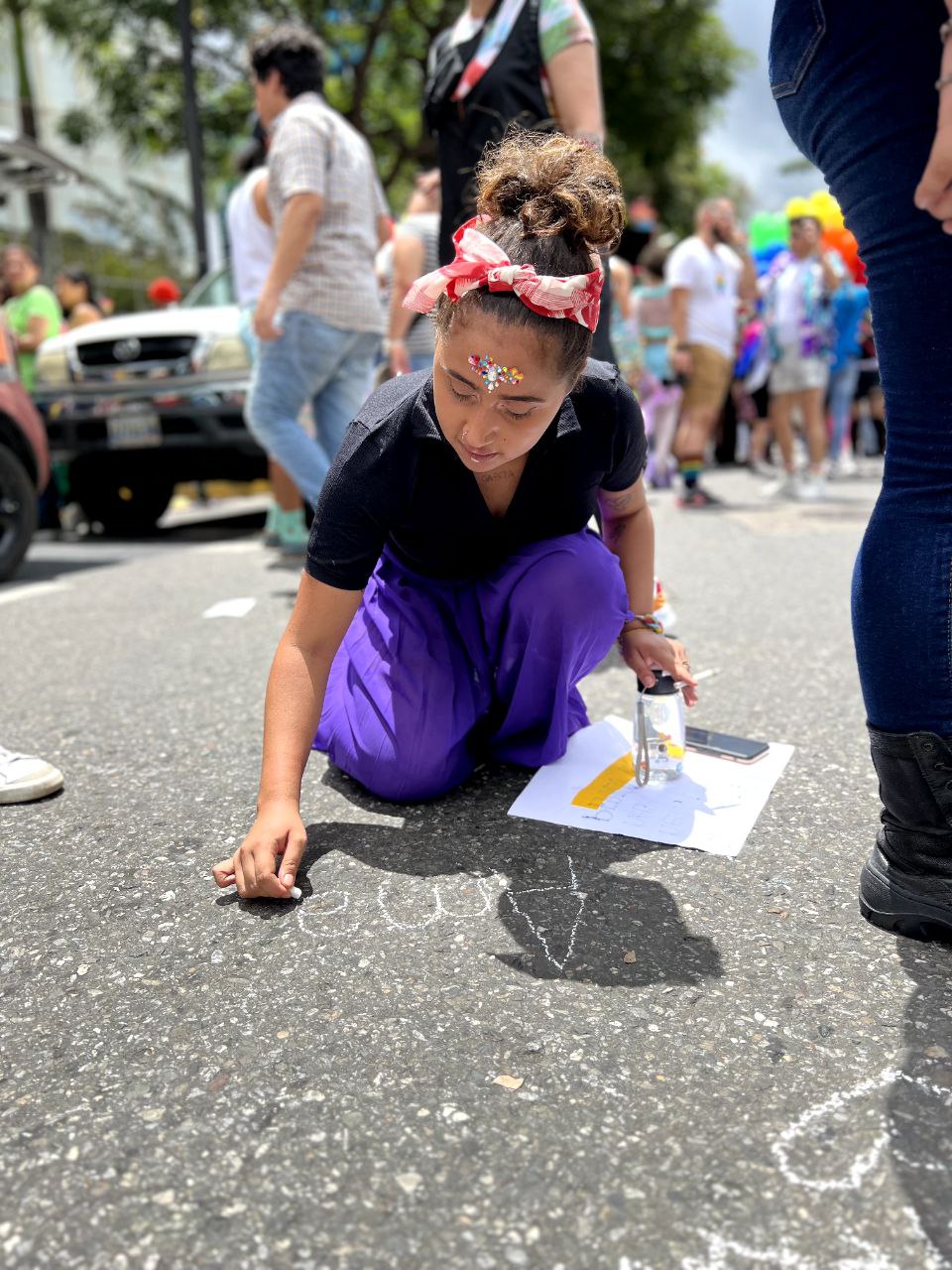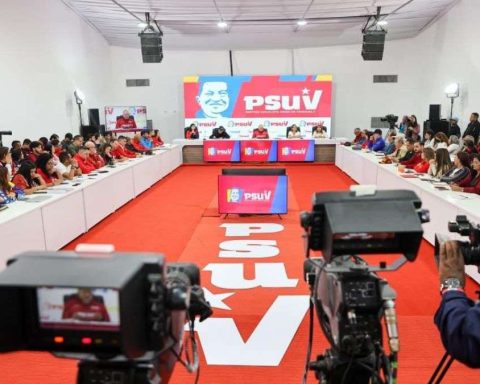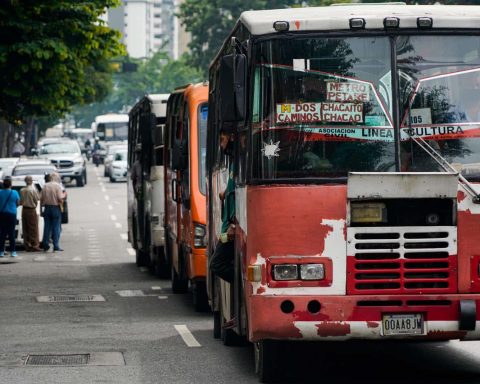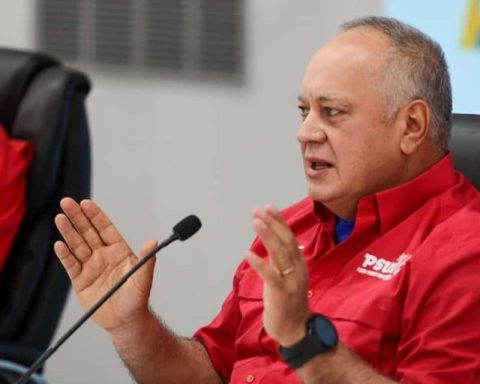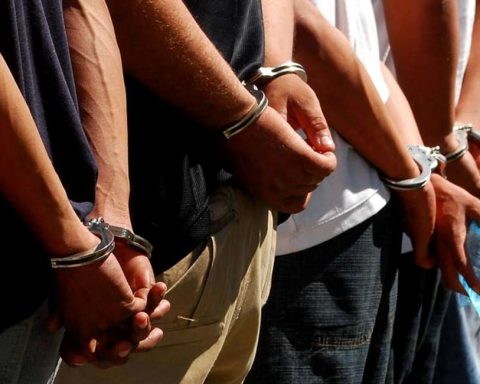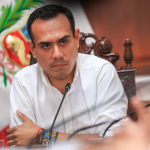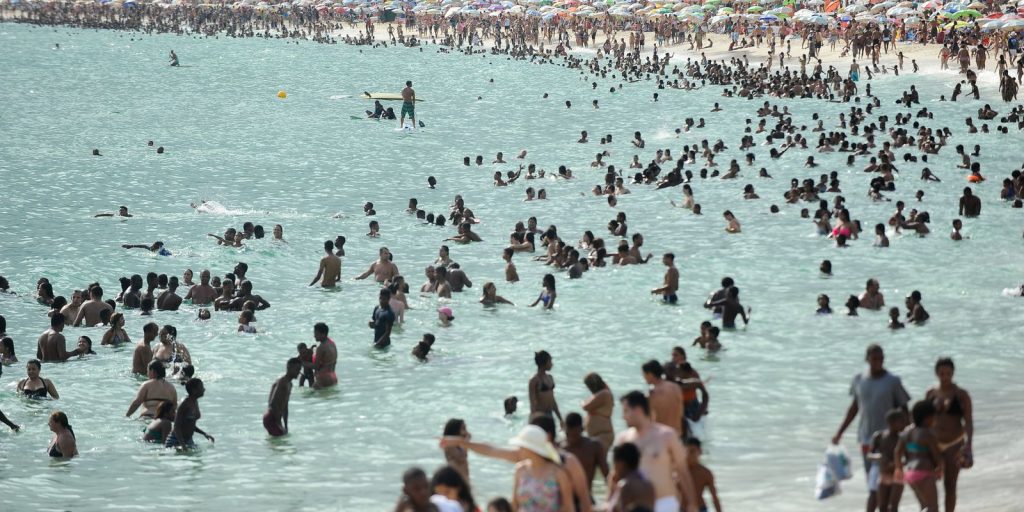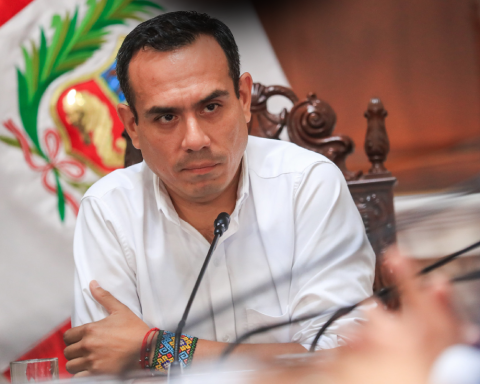The Venezuelan Observatory of LGBTIQ+ Violence recorded 57 cases of discrimination or violence against a woman in this population between January and October of this year. The investigation indicates that 68 women were directly affected
Between January and November 2024, the Venezuelan Observatory of LGBTIQ+ Violence (OVV LGBTIQ+) registered 57 cases of discrimination or violence against a woman in this population. The investigation indicates that 68 women were directly affected.
Of these 68 women, some of whom are lesbian, bisexual, trans women, intersex or queer (LBTI), 48 are cis women (a person whose gender identity coincides with the sex assigned at birth) and 20 are trans women (a person whose gender identity does not coincide with the sex assigned at birth), according to a publication in his page web.
Regarding the reason for the violence, 17 were due to their sexual orientation, 16 due to their gender identity or expression, 40 because they perceived that they were a person from the LBTI community and 20 have no information.
Likewise, regarding the type of violence documented in this period: 31 were discriminatory incidents, 20 for a crime based on prejudice, 4 for intragender violence, one without information and one case of extreme violence.
Among the attacks against cis women, the OVV LGBTIQ+ identified 83. It should be noted that it is possible to suffer more than one type of attack per case. Some of them were 27 verbal attacks or humiliation, 9 were blows or injuries, 5 cases of sexual harassment, 5 cases of intimidation or threats, 5 cases of harassment or 4 cases where they were denied access or permanence in a public space.
No woman in Venezuela is safe from experiencing some type of gender-based violence. So far this year, LBTI women have experienced some risk in different spaces, for example, it was possible to identify 3 cases where they suffered cyberbullying or online abuse, 3 cases where they were forced to have sexual relations, 2 cases of confinement or isolation and one case of ecosig (efforts to correct or change sexual orientation and gender identity or also called conversion therapies).
*Read more: NGOs denounce the systematic violation of women’s rights before Cedaw
Among the documented cases, one was police harassment, a case of neighbor harassment, a death threattwo passport annulments, two retentions or arrests, one attempted homicide and one case of vicarious violence (where some type of harm is caused to the children to pressure or hurt the woman).
Among the attacks against trans women, the observatory identified 46. Some of them were 13 cases with verbal attacks/humiliation, 6 cases where their gender identity was not respected, 5 of intimidation or threat, 2 cases where they were forced to change their appearance, 2 harassment cases, a death threat case and a murder.
Between January and November 2024, trans women in Venezuela were also victims of multiple violence. The documentation found one case of cyberbullying, one case of ecosig (efforts to correct or change sexual orientation and gender identity) and one case of expulsion at home, one case where he was forced to have sexual relations and one case of detention or retention.
Given the impossibility of changing their name according to their gender identity, trans people face other challenges related to their educational and labor rights. For example, a case was documented where access to education was denied or made difficult, one where permanence in a space was denied or made difficult, and a case of deprivation of economic means, a case of dismissal, and a case of difficulty accessing work.
The majority of cases of discrimination came from the Capital District (18), Miranda (10), without information (8), social networks (5), Aragua (4), Carabobo (3), Sucre (2), Anzoátegui (1 ), Barinas (1), Bolívar (1), La Guaira (1), Lara (1), Nueva Esparta (1) and Zulia (1).
Among the spaces where these events occurred the largest number occurred at home/family environment (11), spaces for political participation and representation (10), environment and friendships and acquaintances (8), public outdoor spaces (8), commercial and enjoyment spaces (5), communication spaces (5), work environment (4), services health (3), public institution (2) and educational field (1).
Regarding the profile of the aggressor, 27 were civilians, 9 were people of influence or in a position of power, 7 had no information, 12 were state officials and 2 were private security personnel from commercial establishments.
Post Views: 426
